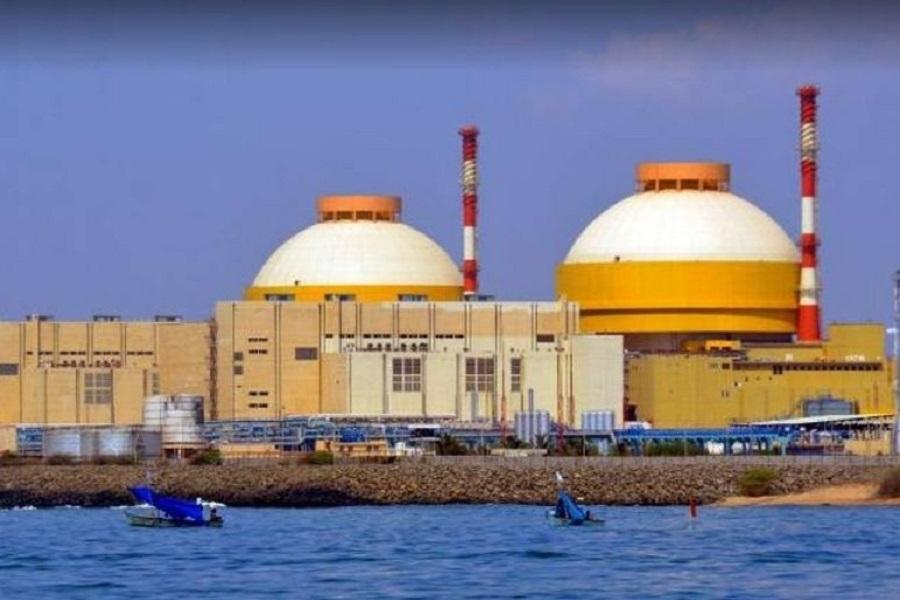
Centre Reviews 100 GW Nuclear Mission to Boost Clean Energy Goals
In a significant development towards achieving India’s ambitious clean energy targets, Union Power Minister Manohar Lal Khattar and Minister of State for Atomic Energy, Dr Jitendra Singh, recently convened a high-level meeting to discuss the 100 GW Nuclear Energy Mission. This meeting is a follow-up on Prime Minister Narendra Modi’s vision of expanding India’s clean energy basket and reaffirms the country’s commitment to achieving Net Zero emissions.
The 100 GW Nuclear Energy Mission is a crucial component of India’s energy policy, aimed at reducing the country’s dependence on fossil fuels and mitigating climate change. With a growing population and increasing energy demands, India needs to rely on cleaner and more sustainable sources of energy to power its growth. Nuclear energy, being a low-carbon source of power, plays a vital role in achieving this goal.
The meeting, which was attended by senior officials from the Ministry of Power, Ministry of New and Renewable Energy, and the Department of Atomic Energy, discussed key directives to achieve the 100 GW Nuclear Energy Mission. The meeting focused on identifying challenges and opportunities in the nuclear power sector, and outlining strategies to overcome hurdles and accelerate the growth of nuclear energy in India.
One of the key outcomes of the meeting was the emphasis on increasing nuclear power generation to reduce dependence on fossil fuels and lower carbon emissions. The meeting highlighted the importance of nuclear energy in achieving India’s clean energy goals, particularly in the context of the Paris Agreement, which aims to limit global warming to well below 2°C above pre-industrial levels and pursue efforts to limit it to 1.5°C.
To achieve the 100 GW Nuclear Energy Mission, the government has set several targets, including:
- Increasing nuclear power generation from the current 6,700 MW to 20,000 MW by 2031.
- Adding 10,000 MW of new nuclear capacity in the next 10 years.
- Enhancing the nuclear power grid’s reliability and efficiency.
- Promoting research and development in nuclear technology to reduce costs and improve safety.
The government has also emphasized the need for a comprehensive framework to regulate the nuclear power sector, ensuring public safety and transparency. The meeting discussed the importance of international cooperation and collaboration in the development of nuclear energy, including the sharing of best practices, technology transfer, and capacity building.
The 100 GW Nuclear Energy Mission is not only crucial for India’s energy security but also has far-reaching implications for the global fight against climate change. As a major emitter of greenhouse gases, India’s transition to cleaner energy sources is essential to meeting global climate goals.
In conclusion, the high-level meeting on the 100 GW Nuclear Energy Mission is a significant step towards achieving India’s clean energy goals. The government’s commitment to increasing nuclear power generation, enhancing grid reliability, and promoting research and development will help reduce dependence on fossil fuels and lower carbon emissions. As India continues to grow and develop, it is essential to prioritize clean energy sources and achieve Net Zero emissions. The 100 GW Nuclear Energy Mission is a crucial component of this effort, and we can expect significant progress in the coming years.






